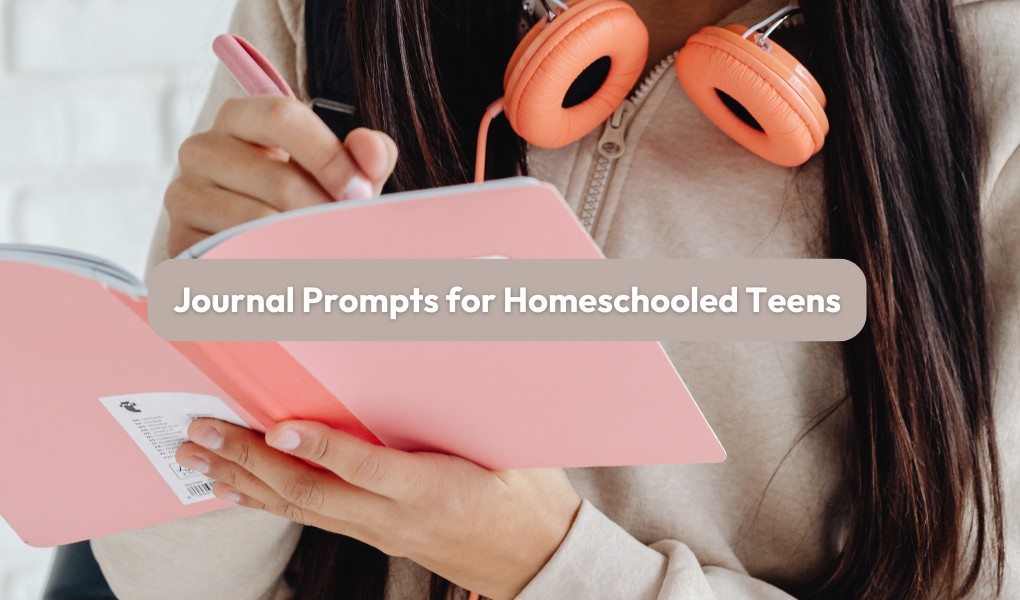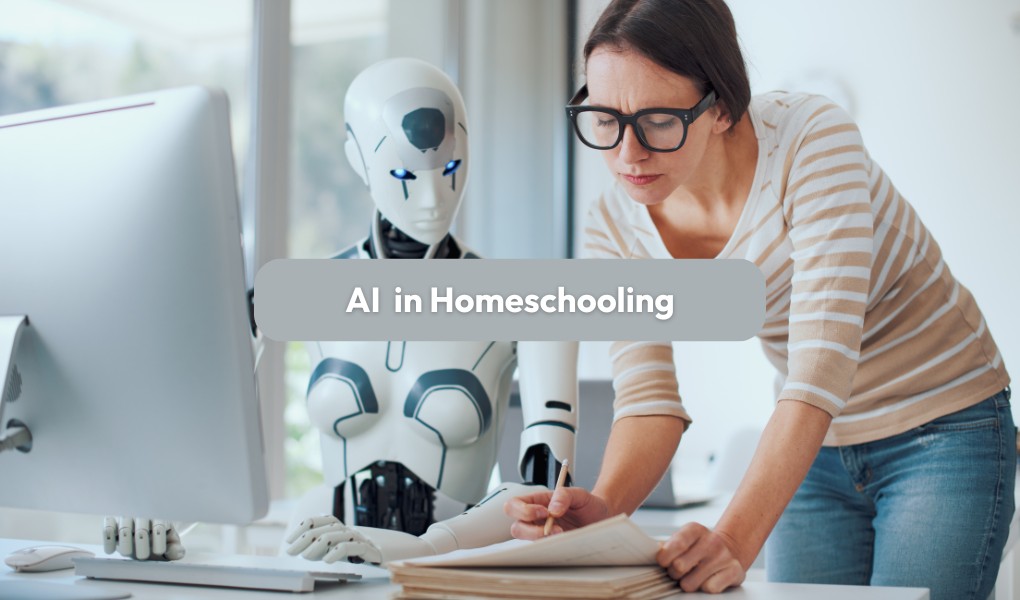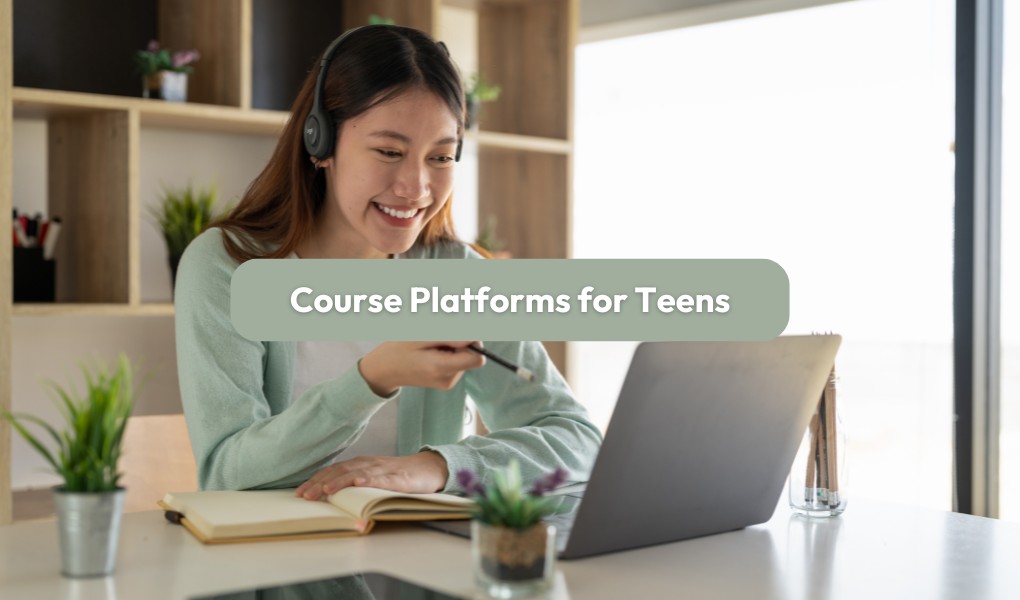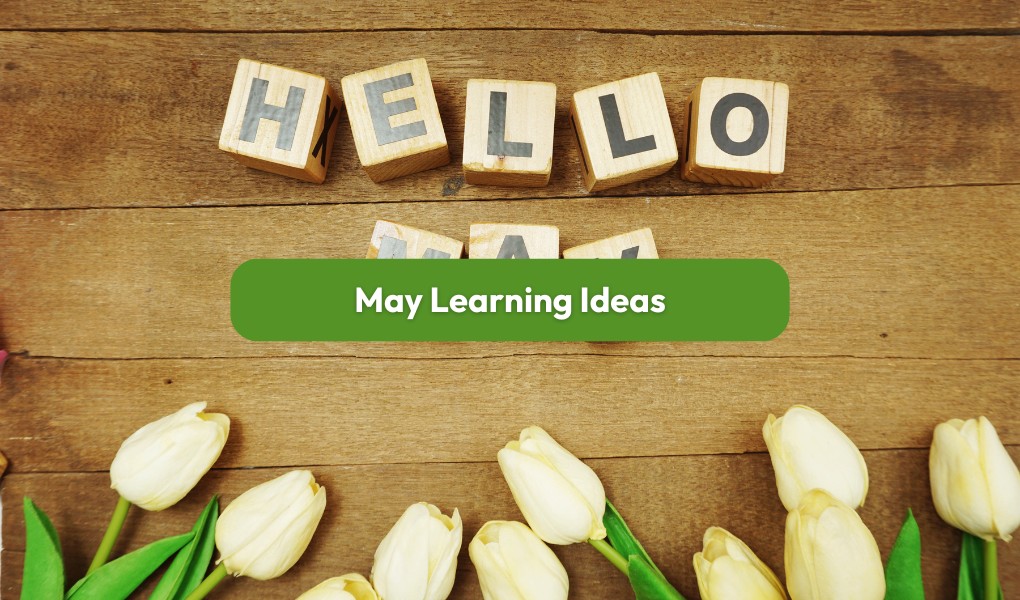Whilst home educating can be an incredibly rewarding experience, let’s be honest—it’s also full-on and demanding. With so many responsibilities, it can be easy to overlook one crucial role: taking care of yourself.
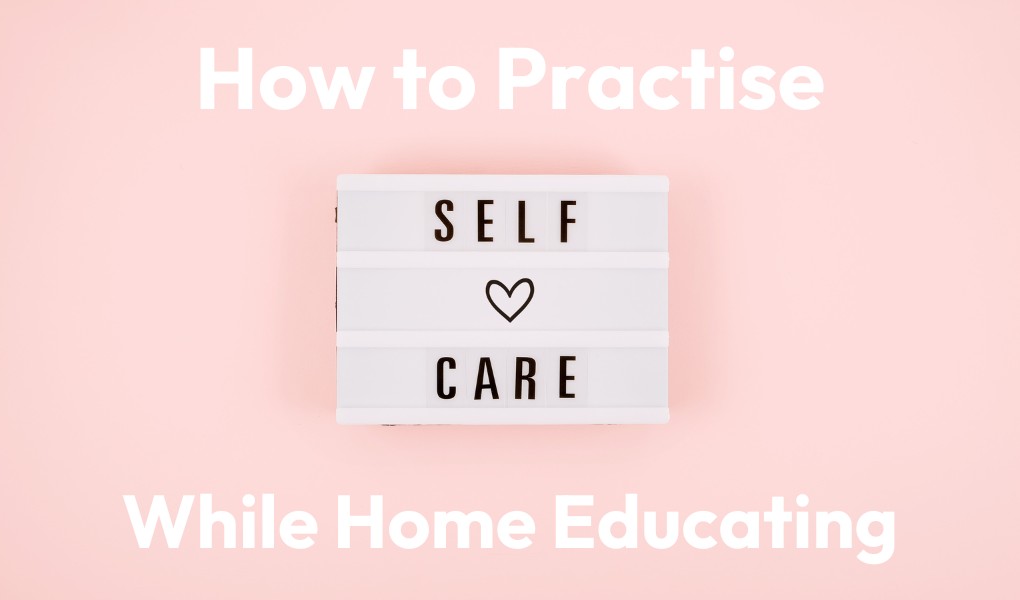
Contents
Whilst home educating can be an incredibly rewarding experience, let’s be honest—it’s also full-on and demanding. As a home educator you wear many hats. You’re not just a parent; you’re a teacher, a facilitator, a scheduler, a chauffeur, and even a chef and nurse.
With so many responsibilities, it can be easy to overlook one crucial role: taking care of yourself. That’s why it’s so important to practise self-care, not just for your sake but for the sake of your children’s well-being and success too.
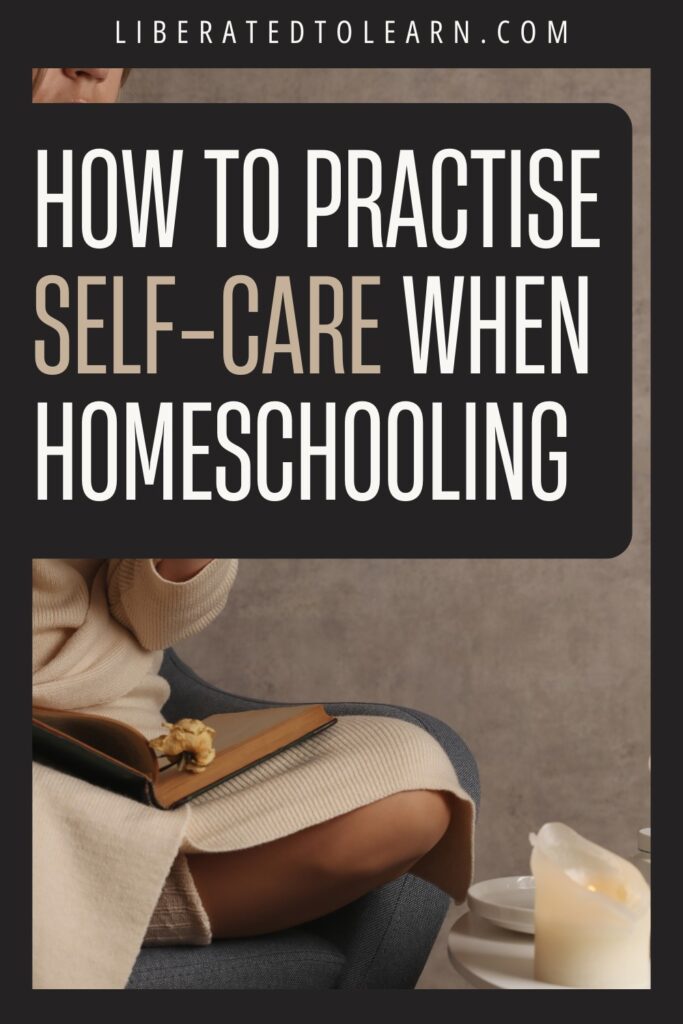
The Importance of Self-Care While Home Educating
Self-care in general is extremely important—we all need to prioritise ourselves, but the difficult thing can be putting ourselves first. This can be a struggle when home educating because, of course, we want to put our children’s education first. But often that means we sacrifice focusing on our own self-care, which then leads to burnout and feeling overwhelmed. This is what we want to avoid.
The key is finding the right balance between taking care of ourselves, mentally and physically, and focusing on our children’s education. By practising self-care while home educating, you’ll reduce stress, feel more productive, have a more positive mindset, and feel happier. This will also have a positive impact on not only how you home educate but also how you parent.
So, how can we practise self-care while home educating? Let’s look at 8 effective ways you can!
8 Ways to Practise Self-Care While Home Educating
1. Establish Boundaries Between Teaching and Parenting
The first step to practising self-care is to establish boundaries between home educating and parenting. The line between being a parent and an educator can become easily blurred, often leading to burnout. With the many hats you wear, it’s vital to create boundaries which separate home from home education.
These boundaries do not need to be strict or rigid, but a simple understanding that, during certain hours, you are the teacher, and outside of those hours, you’re “just” mum or dad again.
One way to do this is by setting clear hours for home educating or, if you’re more flexible, roughly defining when it’s learning time and when it’s home mode. Of course, the two can be combined, but it’s still good to establish boundaries to prevent you from feeling overwhelmed.
2. Practise Mindfulness
Mindfulness is all about taking care of your mind and body, and it’s important to have these small moments of recharging when home educating. Whether it’s doing breathing exercises, meditating, journaling or stretching, a few minutes might be all you need here and there throughout the day.
You could even get your children involved and practise mindfulness together as this sets a positive example of self-care. The great thing is that mindfulness can be practised at any time of day. And when you have these short, mindful breaks, it gives everyone a chance to decompress and refocus.
3. Create a Personal Space to Recharge
Homeschooling can take over your home—literally and emotionally. That’s why creating a personal space that’s just for you is so important. It doesn’t have to be big or fancy, just a corner where you can retreat for a few minutes of solitude. Sometimes that’s all we need. Fill it with things that relax and recharge you: a comfy chair, your favourite book, some calming essential oils, or a cosy blanket.
When you start to feel overwhelmed, take10 minutes in your personal space and it might just make all the difference. Let your children know that when you’re in that space, it’s your time. This means it’s vital that you have some time to yourself and they engage in quiet activities.
4. Delegate Tasks and Share the Load
You don’t have to do everything yourself! Homeschooling parents often feel like they need to be superhuman, but that’s simply not sustainable. So, when possible, share responsibilities with your spouse, older children, or even friends and family members. Remember, you don’t need to feel guilty about asking for help.
If your spouse works full-time, maybe they can handle certain subjects or extracurricular activities in the evenings or on weekends. Older children can help younger siblings with simple tasks, and friends can collaborate for co-op learning days. It’s all about finding the right support for you. You’ll find that when you delegate tasks and share responsibilities, you’ll better manage your workload and have time to practise self-care while home educating.
5. Prioritise Your Physical Health
A big part of self-care is physical health, but when homeschooling it’s easy to find yourself sitting at a table more often than not or looking at a screen for hours at a time. Fortunately, it’s also easy to include physical activity in your daily routine, which could be something as simple as going for a family walk, playing a quick game of football, or following an exercise video together.
The more physical activity you do as a family, the healthier you’ll feel and the more you’ll see an improvement in your mood, energy and focus, both for you and your children.
Another essential part of physical health is making sure you’re eating enough nutritious food throughout the day. When you’re busy with homeschooling tasks, it’s easy to reach for unhealthy snacks or skip meals altogether. So, you may find it’s a lot easier to prepare healthy snacks ahead of time and always keep them on you.
6. Set Realistic Expectations
Your home education journey won’t always be perfect, but that’s okay. There may be days when learning feels strenuous or the house is a mess but that’s all to be expected. When you set these realistic expectations, you’ll help to minimise stress and avoid burnout.
Make a list of priorities for the week—both educational and personal. What’s most important to accomplish? What can wait or be simplified? Accept that it’s okay to have off days, and when things don’t go as planned, extend grace to yourself. Flexibility is one of the great advantages of home education, so use it to your benefit!
7. Take (Guilt-Free!) Time for Yourself
You’ll no doubt feel guilty for wanting time for yourself, but remember, self-care is not selfish; it’s necessary. Just because you could be doing more doesn’t mean you have to. Even though you’re home educating and putting your children’s education first, you still deserve to have time on your own to enjoy the things you enjoy.
Whether it’s reading a book, going for a solo walk, pursuing a hobby, or simply taking a nap, you need moments that are just for you. Carve out time each week (or each day, if possible) for activities that make you feel happy and fulfilled, and do so without guilt. When you take care of yourself, you’re better able to show up fully for your children and provide the support they need.
8. Connect with a Support Network
Community is a big part of home education and finding like-minded people can help reduce the feelings of isolation that home educators sometimes experience. When we think about self-care we often think about doing it alone, but having a support network allows you to share ideas, vent frustrations, and gain encouragement from those who understand your journey.
You could join a local homeschool group or connect with other home educators through social media. Just know that it doesn’t have to be forced. The connections you make are both valuable and essential to your emotional health and a big part of your experience too.
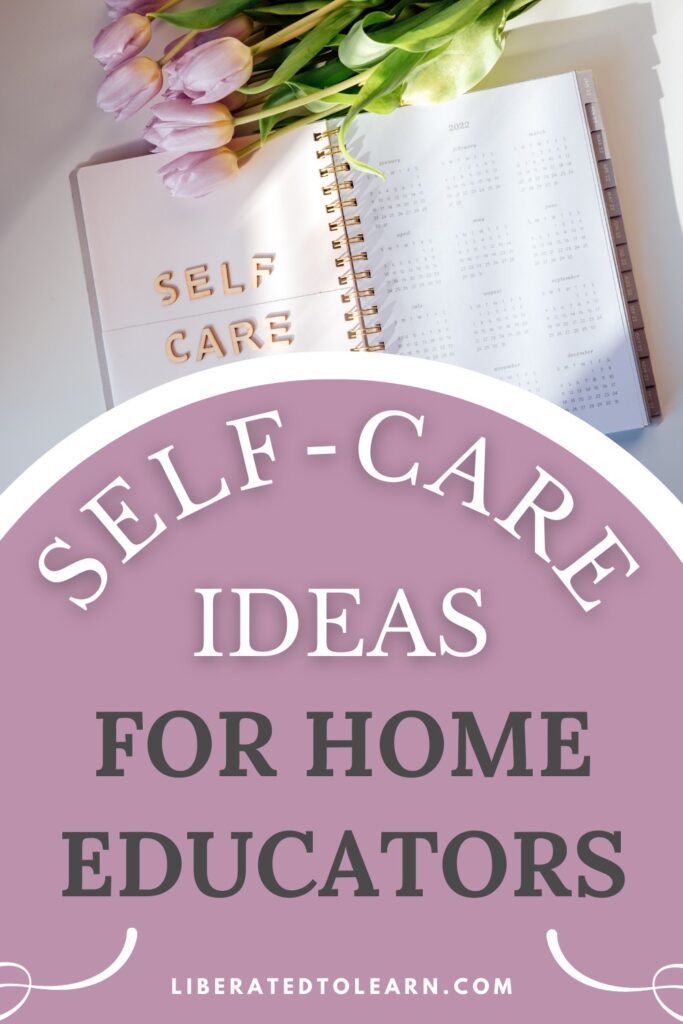
Self-Care Ideas for Home Educators
1. Carve Out “Me Time”
- Morning routine: Start the day with 10–15 minutes of quiet time—whether it’s meditation, a hot cup of coffee, journaling, or reading.
- Evening wind-down: Once your children are in bed, take a few moments to unwind—watch your favourite show, take a bath, or do a hobby.
2. Exercise Regularly
- Short workouts: Try 15-30 minute workouts, like yoga, a quick walk, or bodyweight exercises. Even short bursts of movement can improve mood and energy levels.
- Exercise with kids: Make it a family affair! Go for a bike ride, do an online workout together, or play an active game.
3. Stay Organised
- Time blocking: Create time blocks for lessons, chores, and self-care.
- Set realistic goals: Accept that not every day will be perfect. Prioritise what’s important, and give yourself grace when things don’t go as planned.
4. Take Mental Breaks
- Mindfulness or meditation: Practise mindfulness for 5-10 minutes to centre yourself.
- Breathing exercises: Use deep breathing techniques to reduce stress during particularly hectic moments.
5. Pursue a Hobby
- Get creative: Take up a hobby like knitting, painting, or photography that you can do even for just 10 minutes.
- Learn something new: Take an online course, read books, or listen to podcasts that interest you outside of homeschooling topics.
6. Pamper Yourself
- At-home spa: Dedicate some time for a self-care ritual—like a face mask, manicure, or essential oil diffuser session.
- Nourishing treats: Enjoy a nice cup of tea, a healthy snack, or even indulge in a treat you love while taking a moment to relax.
7. Schedule Time for Friends
- Virtual hangouts: Set up a video call with friends or family you haven’t seen in a while.
- Coffee dates: Schedule a coffee catch-up, even if it’s only for an hour.
8. Set Boundaries with Technology
- Unplug: Take regular breaks from social media or the constant flow of information.
- Use apps for support: Use apps to track your wellness goals, like hydration, mindfulness, or sleep.
9. Celebrate Small Wins
- Daily gratitude: Keep a journal where you write down what you’re grateful for or small wins of the day.
- Reward yourself: When you accomplish something (even a challenging homeschool day), treat yourself to something special.
10. Get Enough Sleep
- Create a sleep routine: Try to get to bed at a consistent time each night, and ensure you’re getting quality rest.
- Take power naps: If and when possible, take a quick nap during the day to help you recharge.
11. Communicate with Your Partner or Support System
- Check-ins: Regularly check in with your partner or support network to share your feelings or frustrations.
- Divide responsibilities: Share homeschooling or household tasks to lessen the burden.
12. Get Outdoors
- Nature walks: Spend time outdoors and don’t be put off by the weather. Embrace it!
- Outdoor learning: Take learning outside! It provides a change of scenery and reduces stress.
Remember, it’s completely doable to practise self-care while home educating, and priority is the key. Find ways to incorporate some of these self-care practices into your schedule, and don’t feel guilty about it. You’re still doing a great job home educating your children! Taking care of yourself is not just a luxury—it’s an essential part of being the best parent and home educator you can be.
So, the next time you feel overwhelmed, take a deep breath, practise some self-compassion, and remind yourself that self-care is part of the journey. You deserve it!
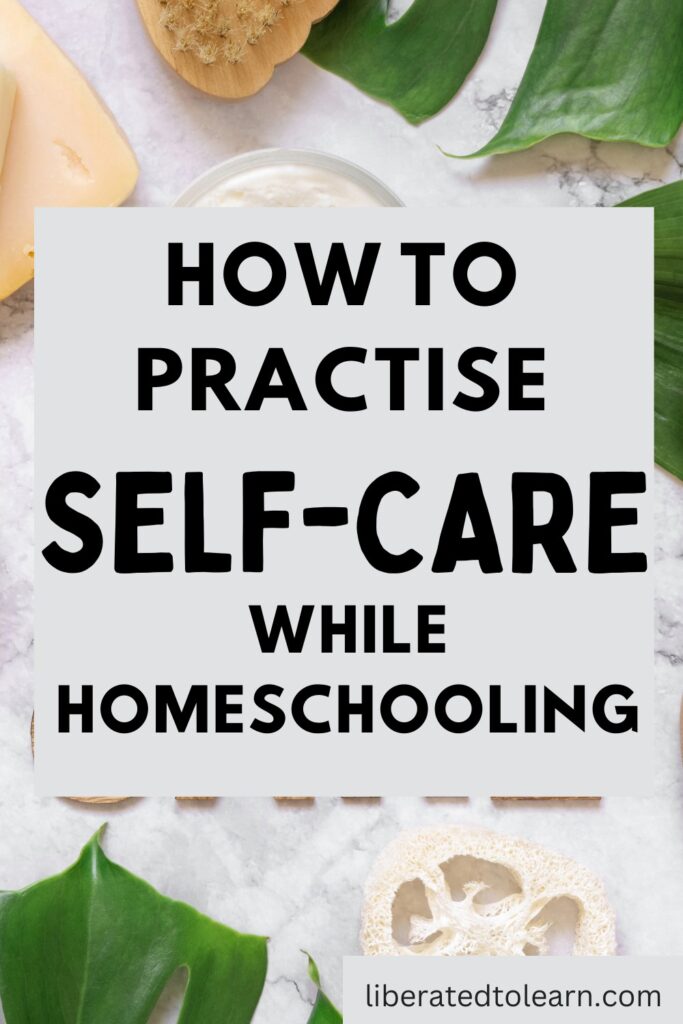
m@liberated
Want more from Liberated to Learn?
Subscribe to stay updated about new posts, resources and giveaways!




